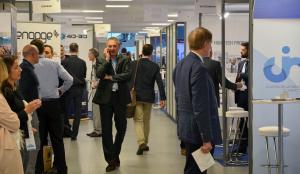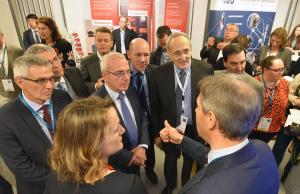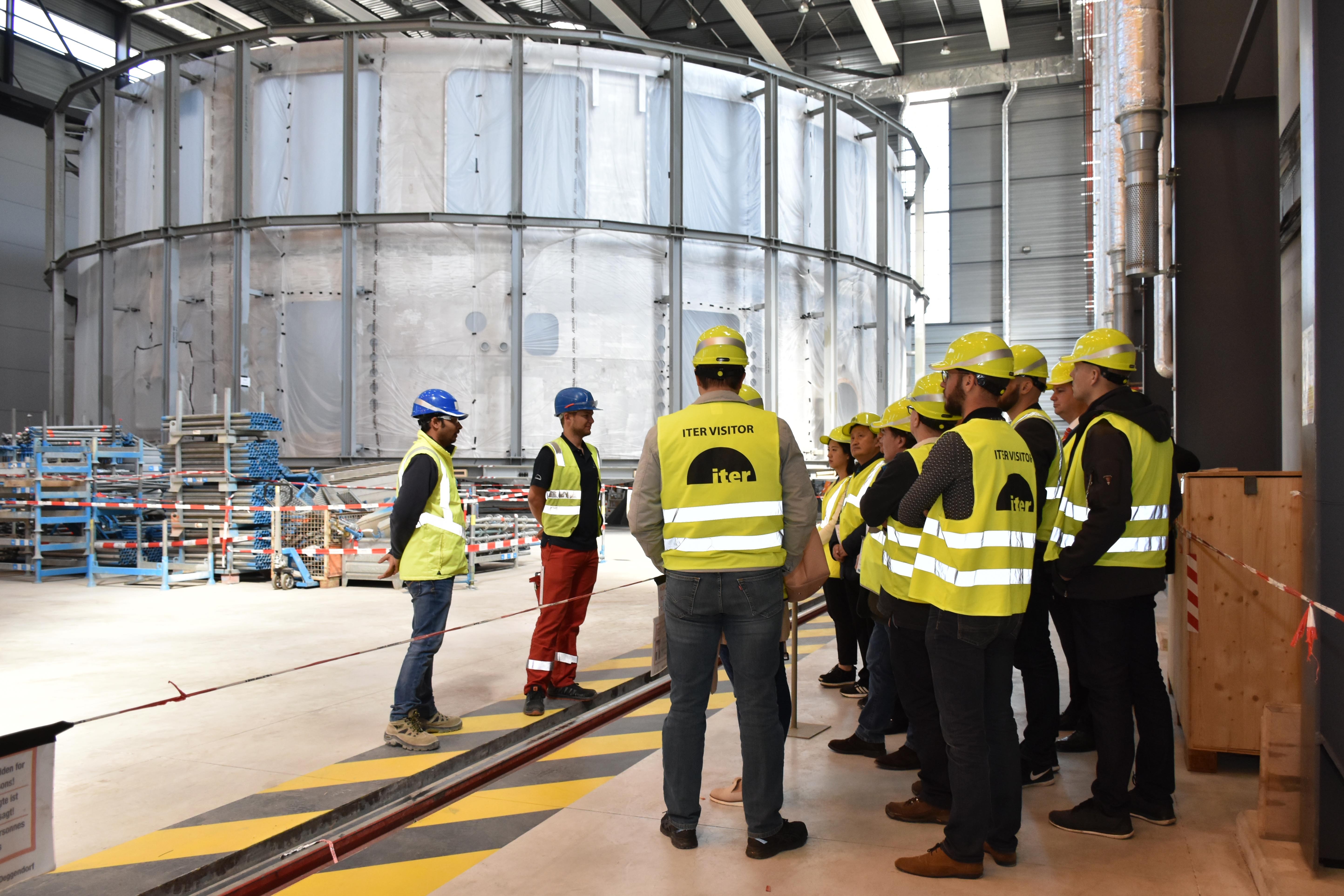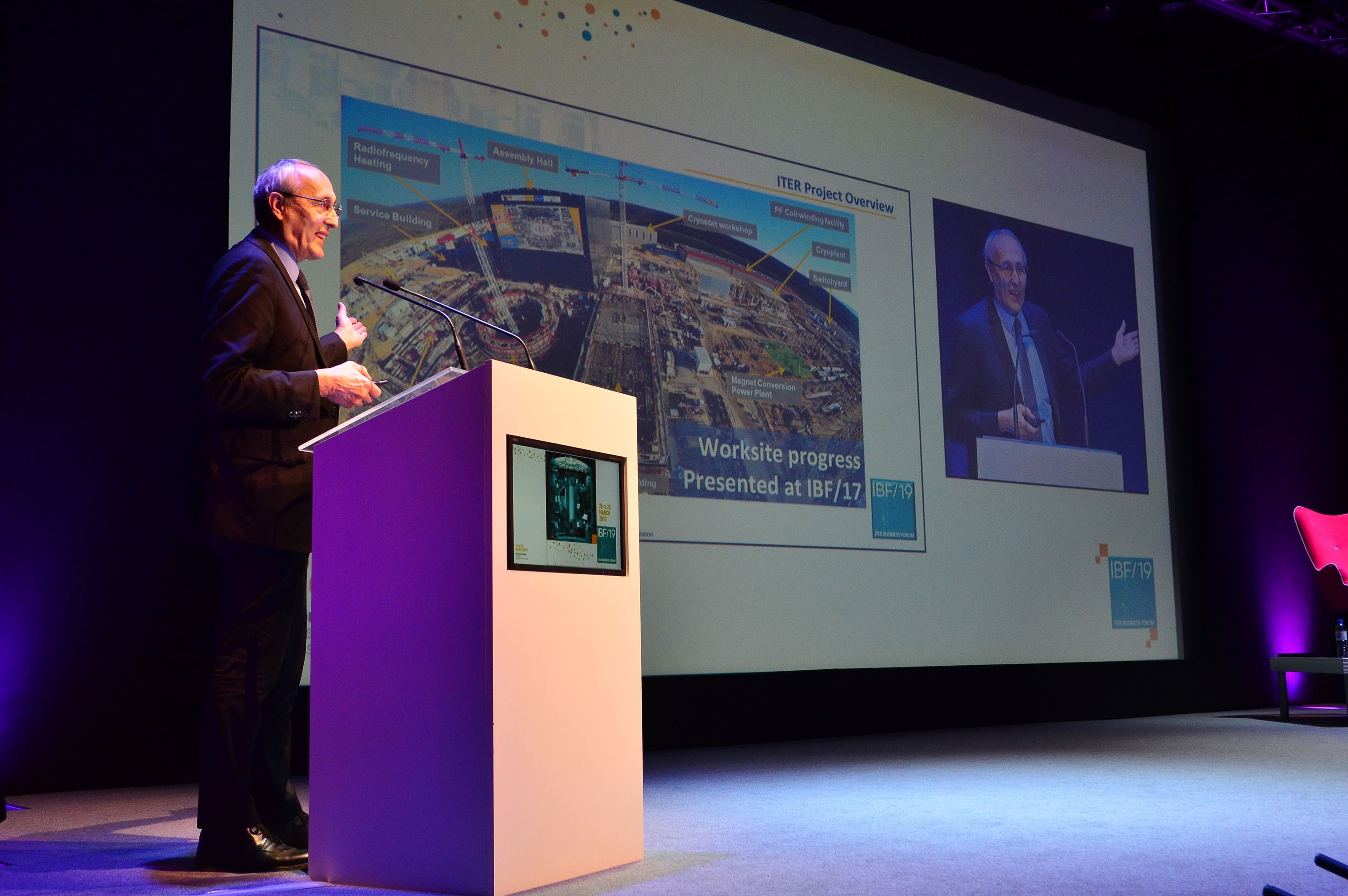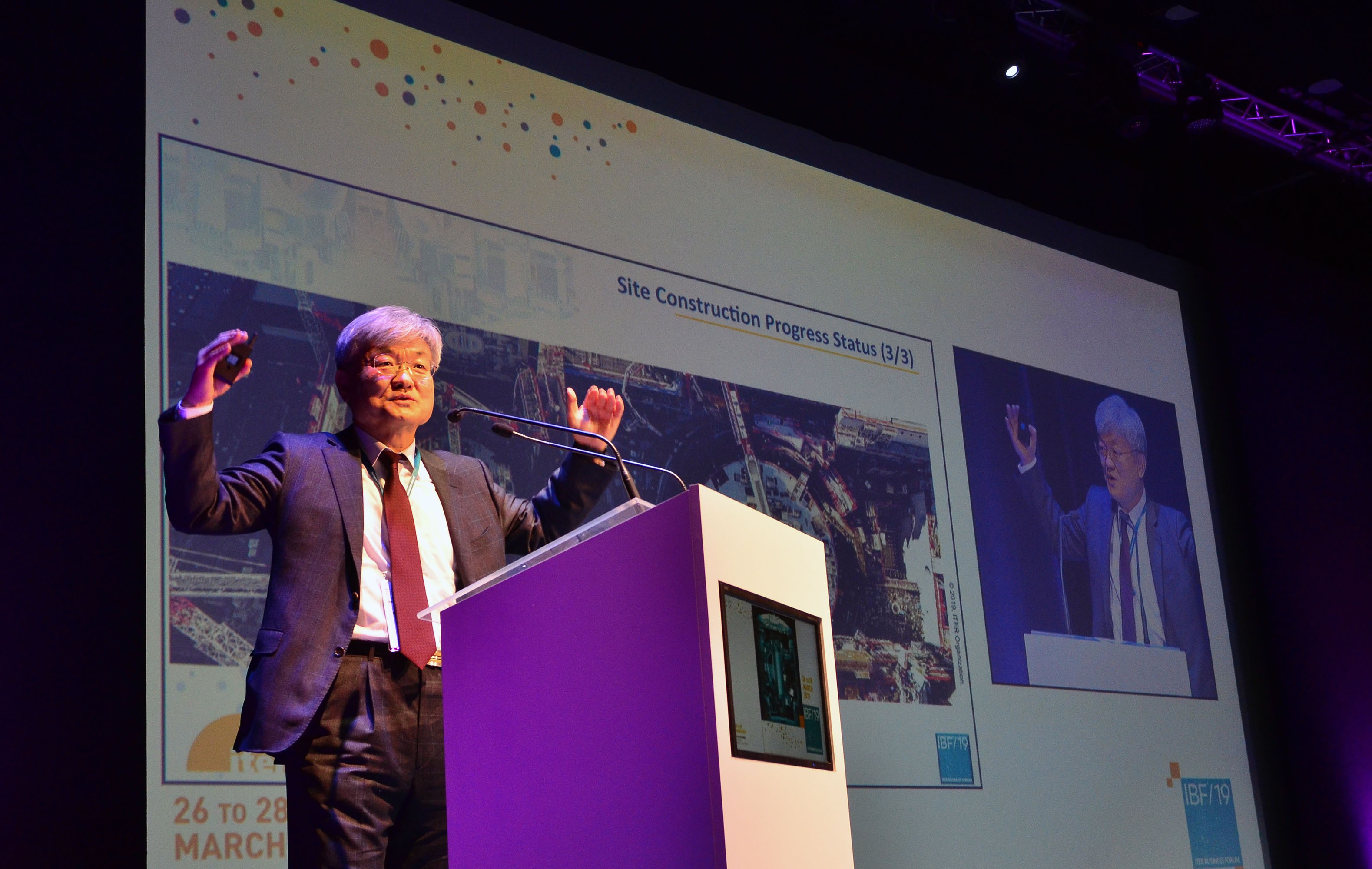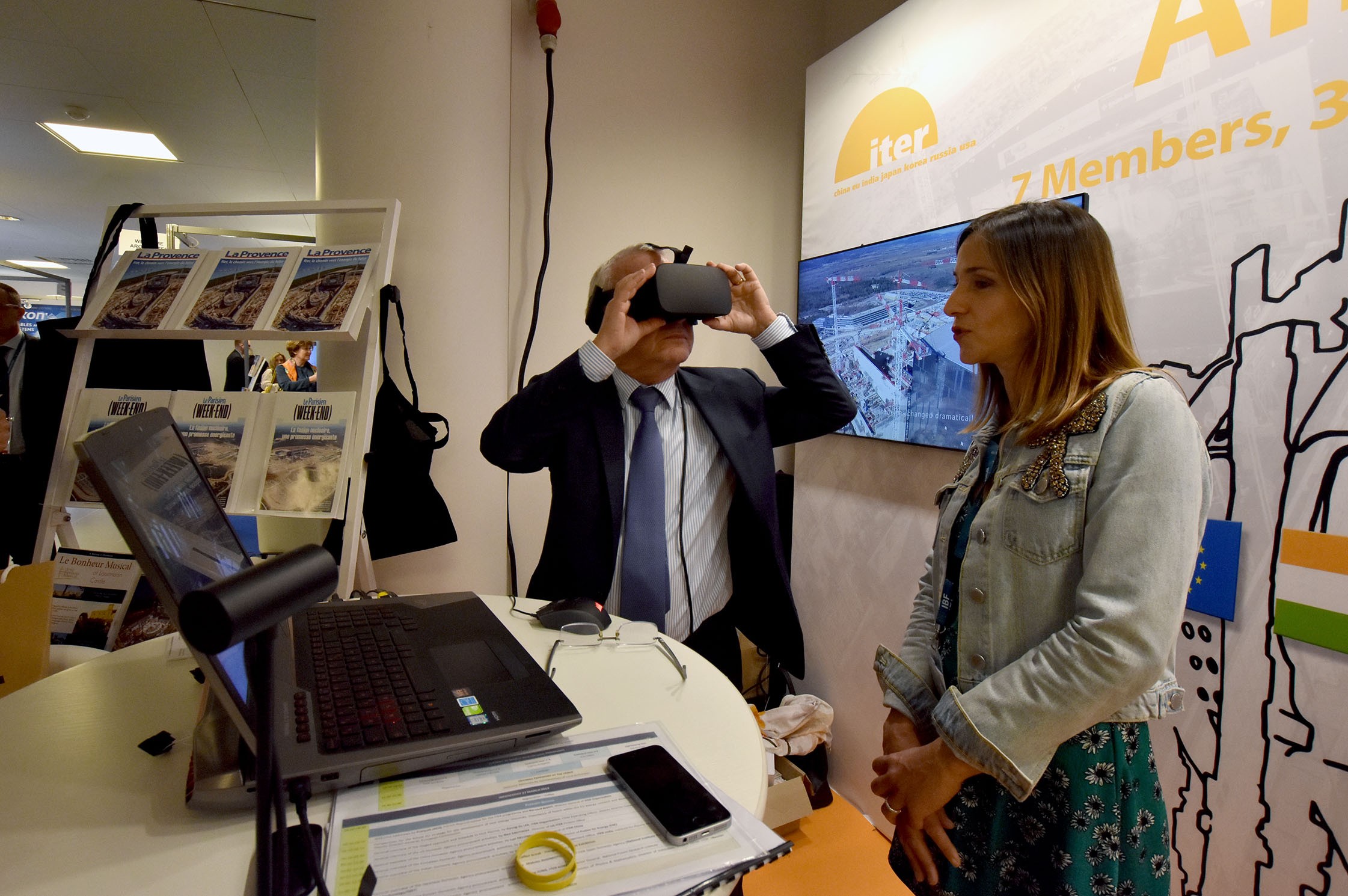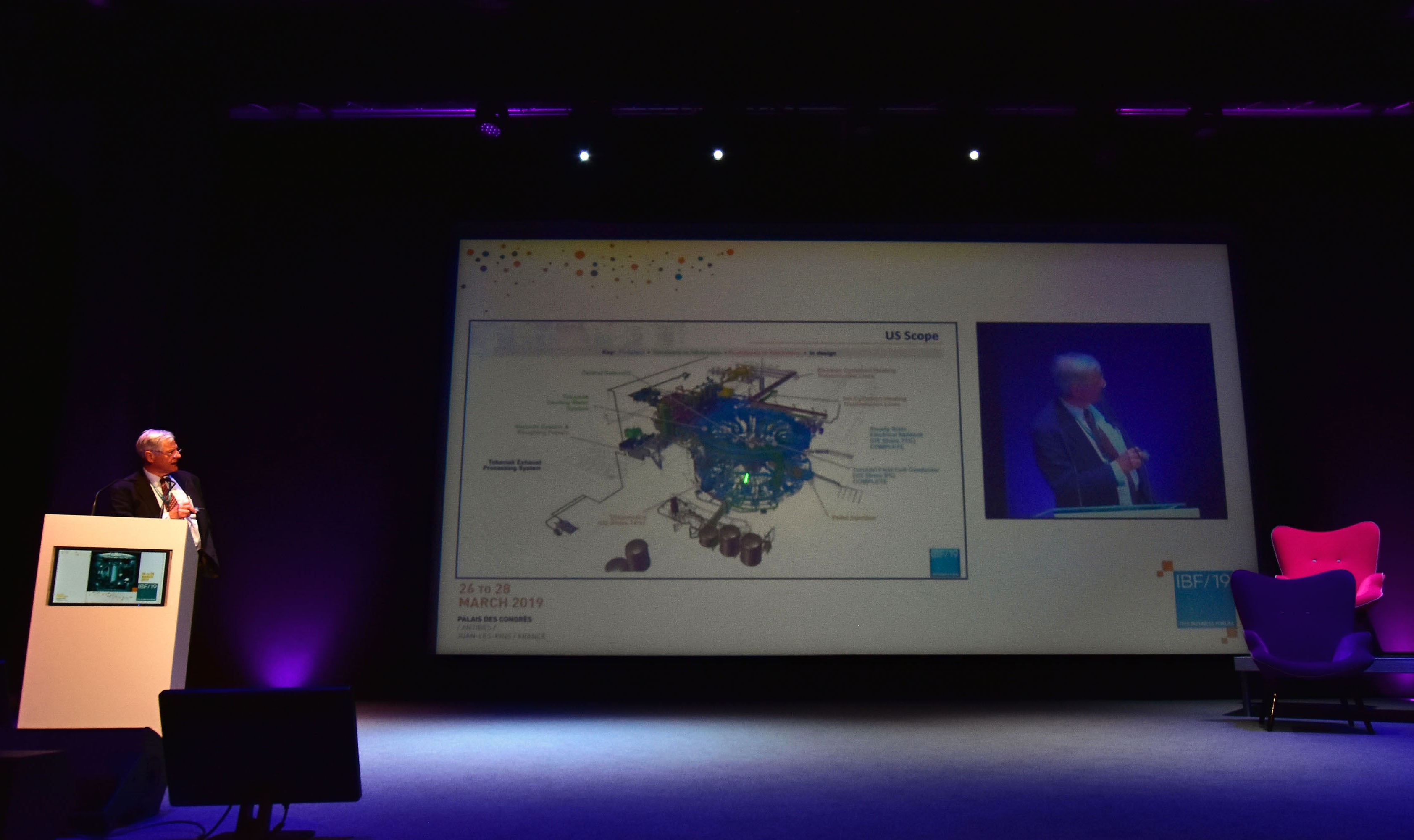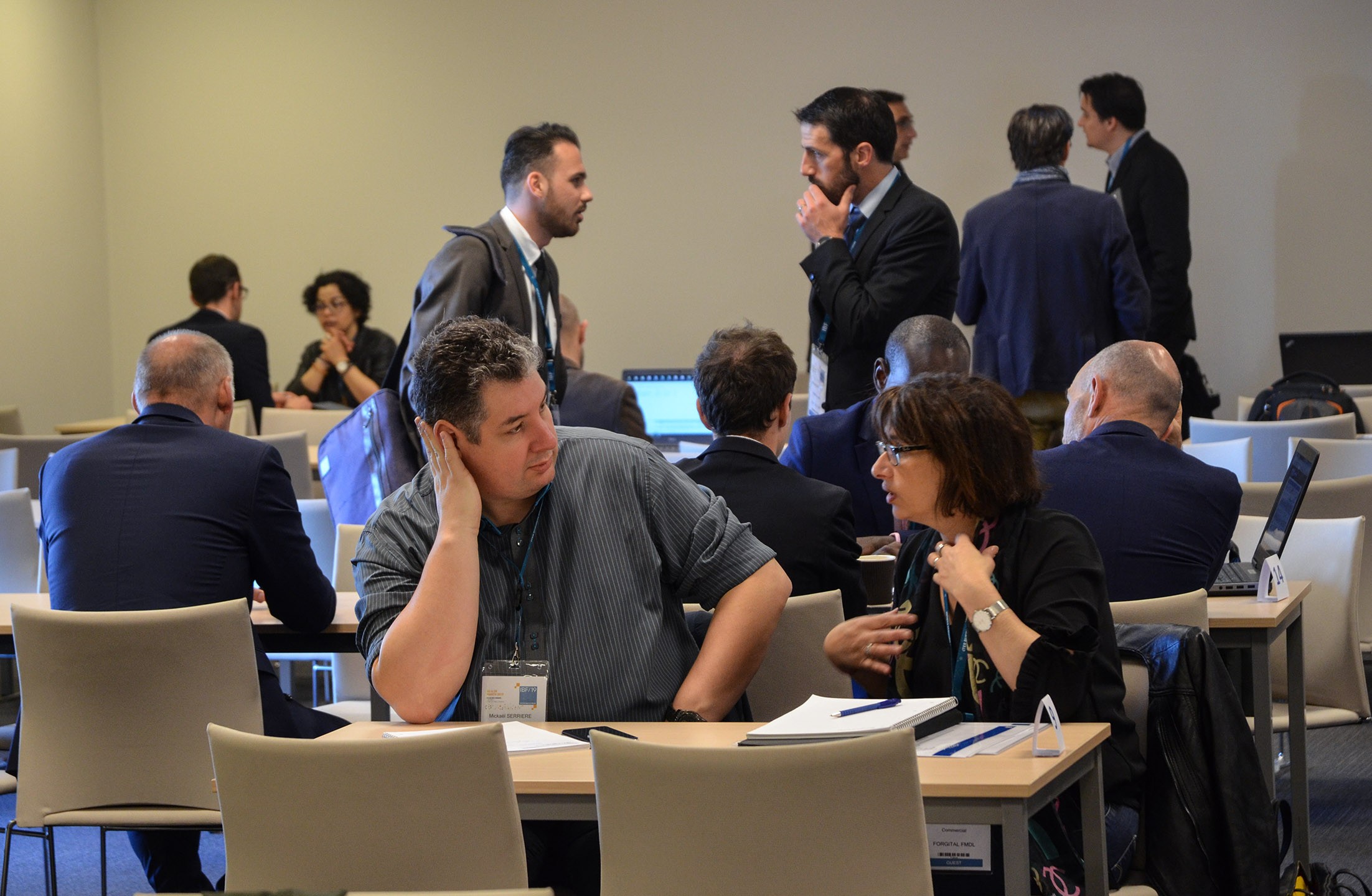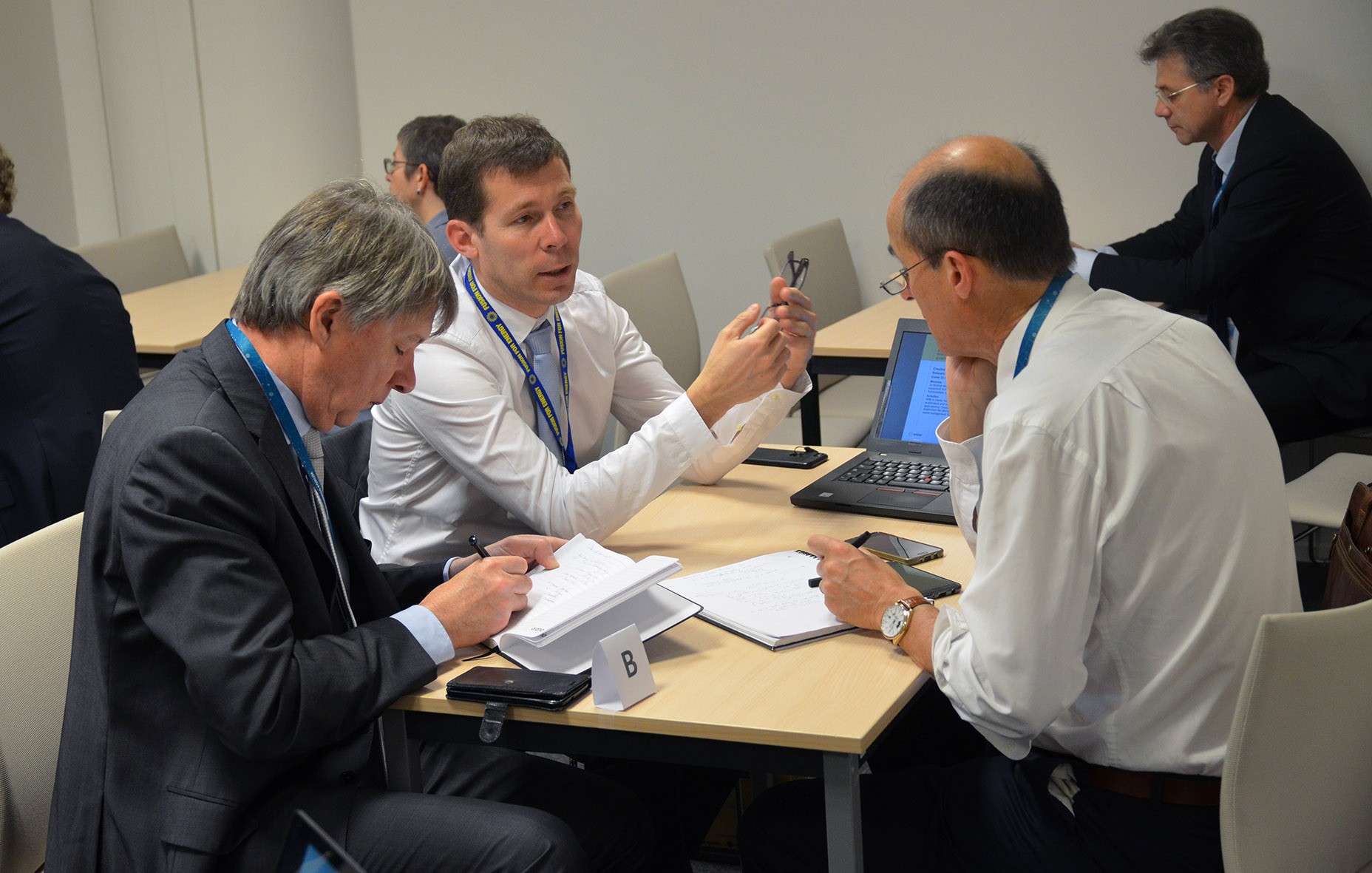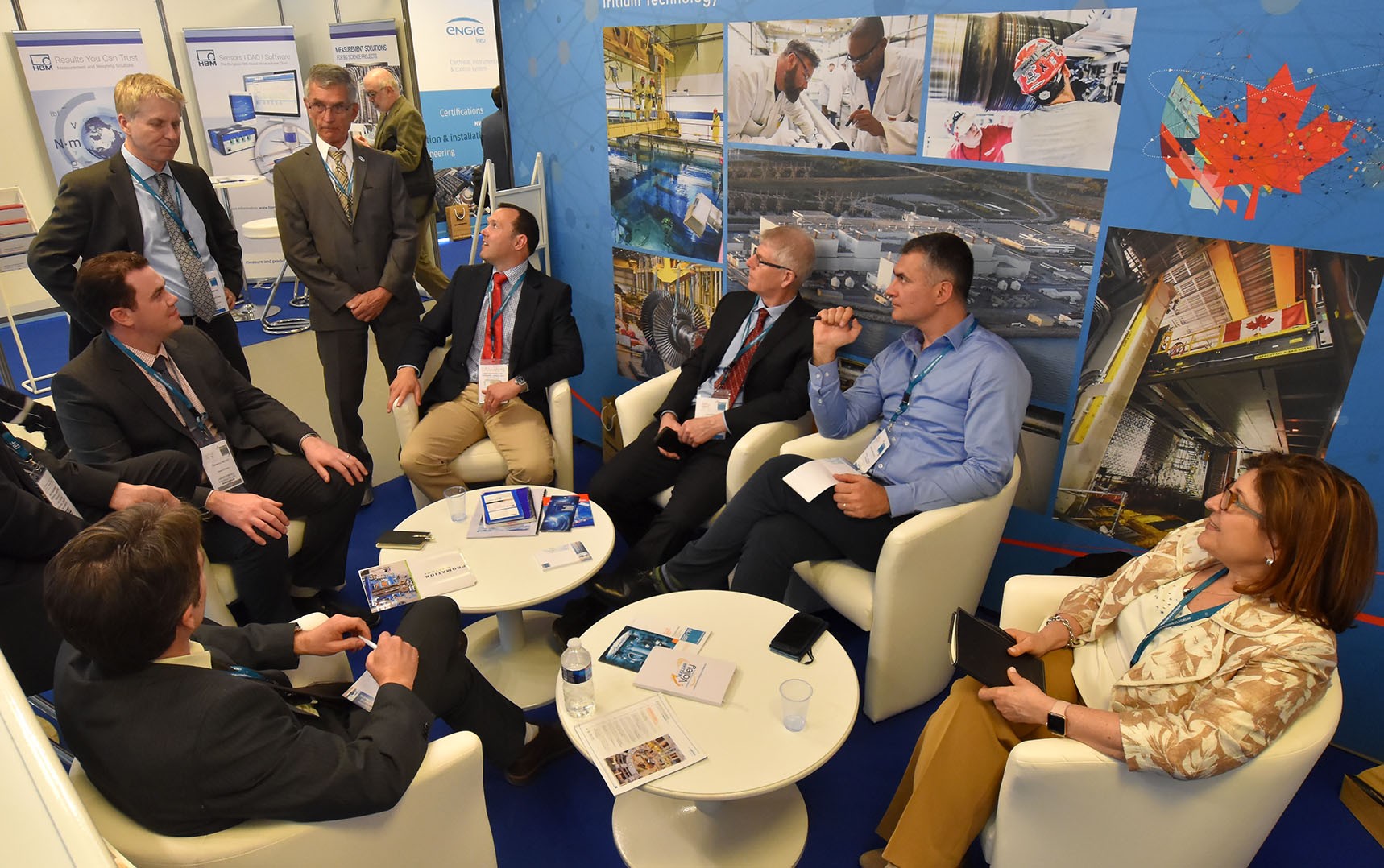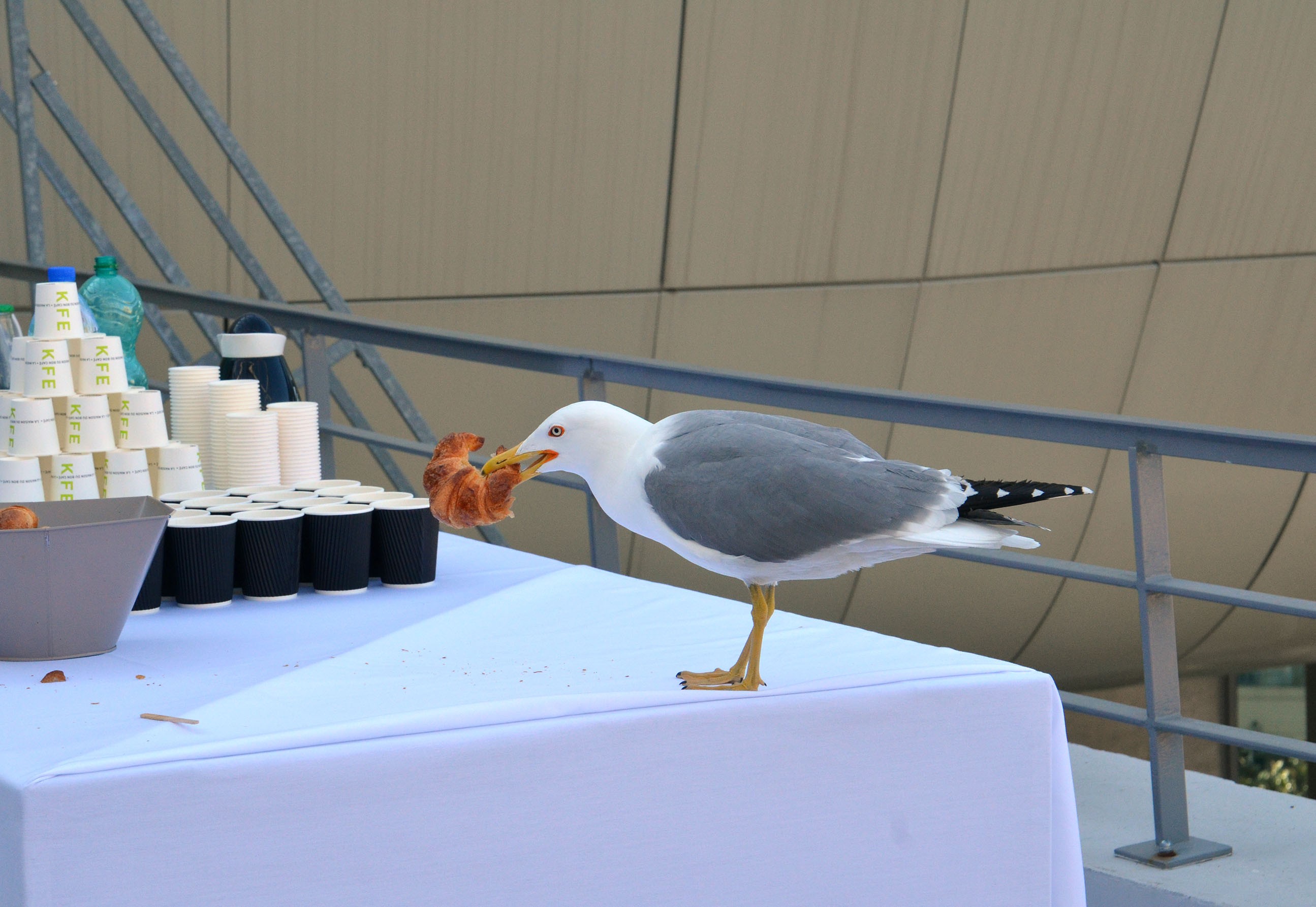In a passionate demonstration of how ITER was "making history," ITER Chief Operating Officer and Deputy-Director General Gyung-Su Lee described the inevitable "uncertainties and unknowns" of a first-of-a-kind machine but promised the audience that they would soon be "listening to the beautiful sound of neutrons"—the heavenly music of fusion "tamed and utilized to generate energy."
Representatives of each of the seven ITER Domestic Agencies took the stage in quick succession describing, sometimes with humour (and always with precision and conviction) the challenges faced and the accomplishments achieved.
"The future will be painted by you," Gerassimos Thomas told the hundreds of industry representatives gathered in the amphitheatre on the first day of IBF-19. Through technical presentations, workshops and one-to-one meetings, it was soon clear that the "future" was reaching far beyond ITER.
"We need to have as small a gap as possible between the end of ITER assembly and the engineering phase of DEMO," stressed Tony Donné, Programme Manager for EUROfusion. "Too large a gap would lead to the loss of industrial interest and expertise that is critical for the next-step machine and the future of fusion."
What IBF-19 demonstrated is that the relationship between ITER (and more broadly fusion) and industry has now reached a turning point. Beyond the experimental machine that is ITER, a whole new field of activity and innovation—encompassing hundreds of different technologies—is now opening before hundreds of companies throughout the world as the steps after ITER are being planned.
And at the same time, the very role of industry is being redefined—graduating from "supplier" to "partner." In Europe, dozens of companies are already involved in the conception of DEMO; in China 30 different entities, both industrial and academic, are at work on the China Fusion Engineering Test Reactor (CFETR)—a "super ITER" that will evolve into a fusion reactor near-prototype, and whose engineering design is set to be completed in 2020.
Since its relatively humble beginnings in 2007, the ITER Business Forum has been a key facilitator in this process.
Click here to view a video walkthrough of IBF-19.
¹With the participation of ITER Organization, Fusion for Energy and other Domestic Agencies, and with the financial support of local authorities.

